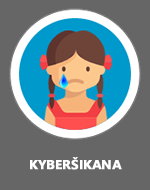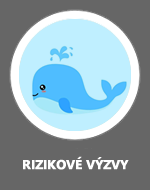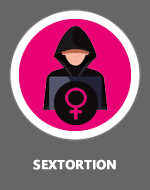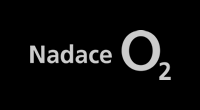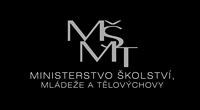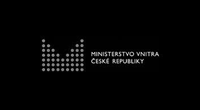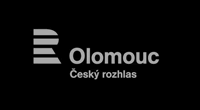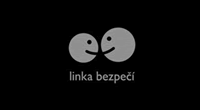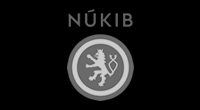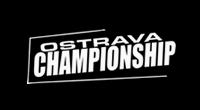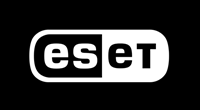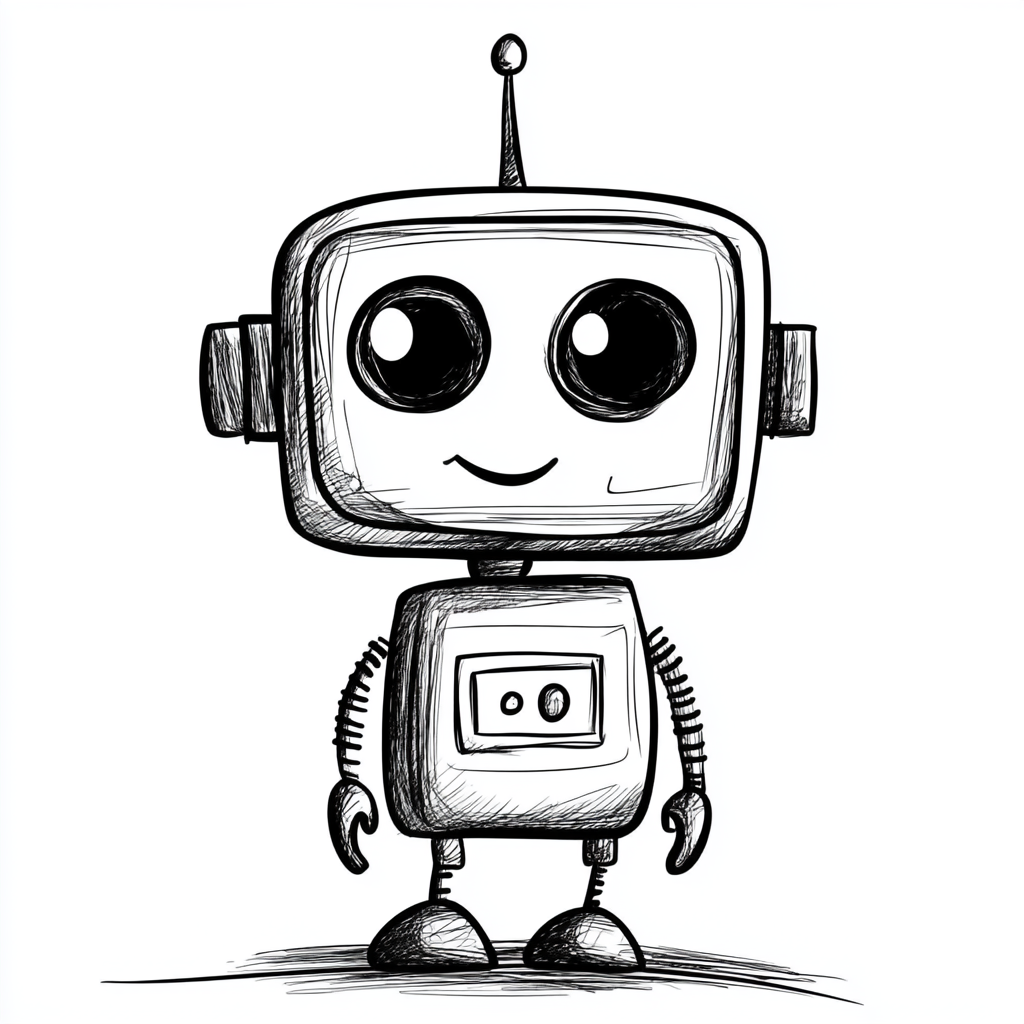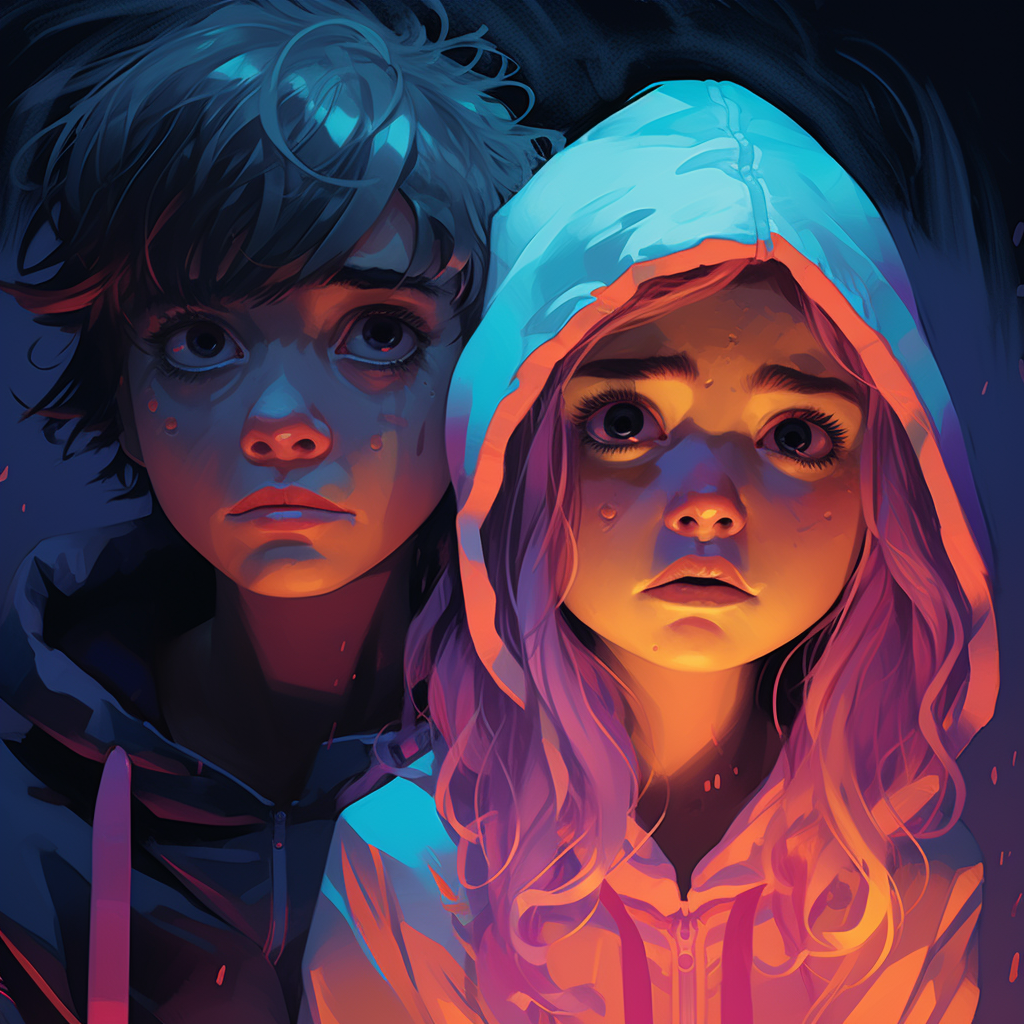 At any time of day or night, hundreds of Czech children experience risky situations in the online environment that can cause them serious physical or psychological consequences. However, only a fraction of them find the courage to ask an adult for help. They fear how their parents would react if they found out about the problems, which are often related to sexuality.
At any time of day or night, hundreds of Czech children experience risky situations in the online environment that can cause them serious physical or psychological consequences. However, only a fraction of them find the courage to ask an adult for help. They fear how their parents would react if they found out about the problems, which are often related to sexuality.
“The vast majority of cases of child victims that we deal with at the E-Bezpečí counseling center begin or end with the sentence: I don’t want mom and dad to find out, they would kill me,” explains Professor Kamil Kopecký from Palacký University in Olomouc. “They assume that parents will react inappropriately to their plea for help - often by banning the use of the internet service, overreacting emotionally, with anger, or even physical violence,” he adds.
While it is understandable that parents often react irritably to their children's pleas, inappropriate reactions can backfire in the future - the child will assume that they will react the same way next time and, therefore, will not seek help from them in the future. Parents are crucial in resolving individual cases - they can immediately help the child, report the case to, for example, the police, ensure the child's safety, and more.
“At the E-Bezpečí counseling center, we repeatedly dealt with situations where the perpetrator lured intimate photos and videos from the child and subjected them to very intense blackmail that lasted several months. The child did not report it to anyone during this time and allowed themselves to be harmed, even though the parents were sitting in the next room,” adds Kopecký.
The role of the parent is often taken over by various anonymous online helplines, with which the child can communicate anonymously. Friends of the child follow next, as well as teachers, whom children sometimes trust more than their own parents. Trust does not develop easily; it must be built from an early age.
“Already in preschool age, the child must understand that the parent is their first point of contact, whom they can turn to with any request for help at any time. And that a crisis situation will not automatically end with a sanction, but rather with a lesson learned and the implementation of preventive measures,” reminds Kopecký.
Before going online, it is, of course, important to acquaint children with the risks they may face in the online environment and to build basic safety habits, including protecting personal data (e.g., not sharing intimate photos or videos even with a boyfriend or girlfriend), two-factor authentication for all accounts, rules related to social networks (public vs. private profiles, netiquette), rules related to money and payments, etc. Parents, educators, police officers, and various expert organizations, including E-Bezpečí and Safer Internet Center CZ, work together on all this.
For E-Bezpečí
Kamil Kopecký


